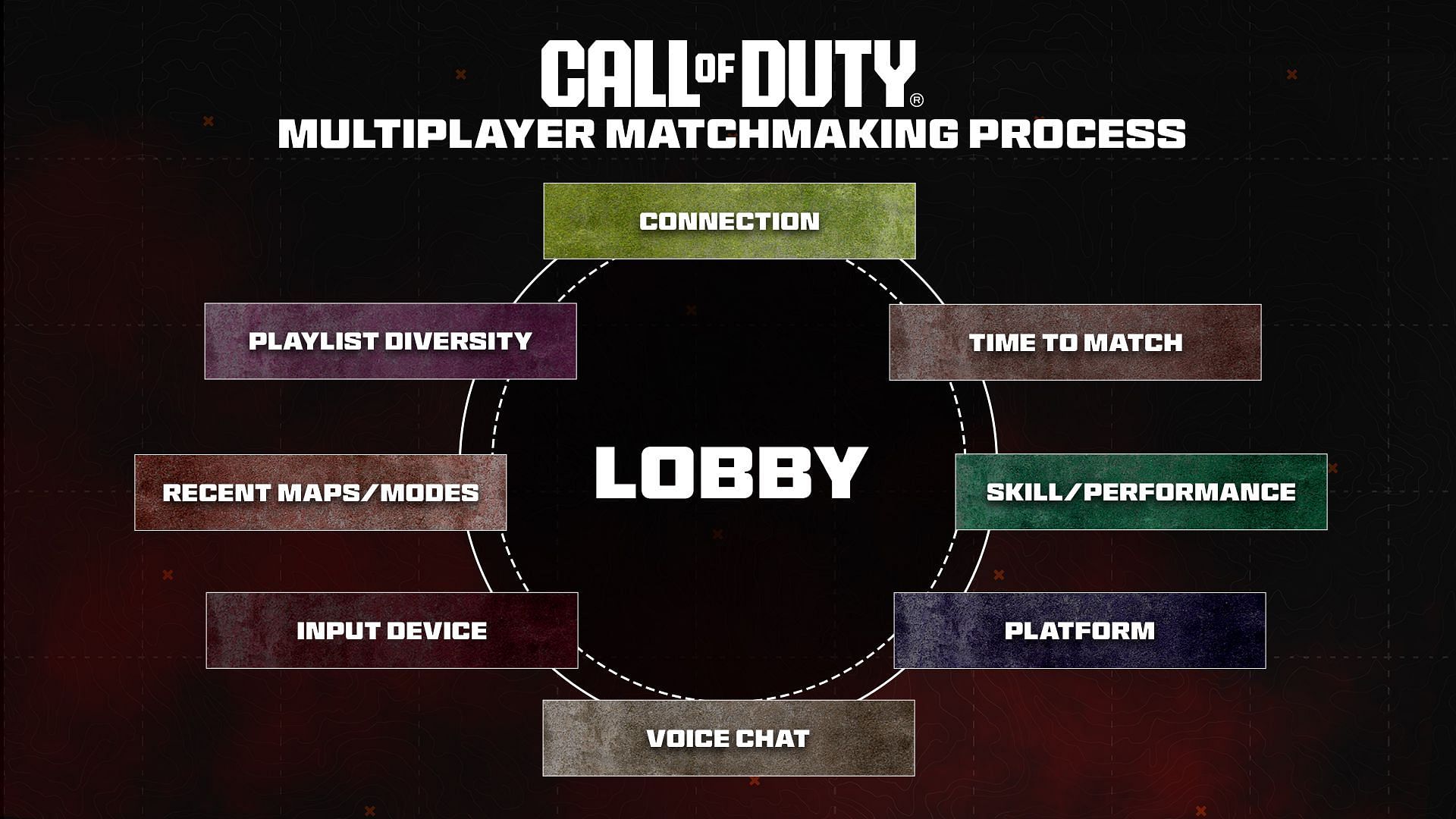Draugoth
Gold Member

Activision has historically stayed on the sidelines during these debates, but that changed earlier this year when the publisher finally lifted the veil on how matchmaking works in every modern Call of Duty game, and explaining its reasoning for choosing SBMM. Building on that, today the company published the first of a series of white papers diving deep (and I mean terminology tables and multi-format graphs deep) on matchmaking.
The new paper, a 25-page document titled "The Role of Skill In Matchmaking," is as impressive as it is jarring. On one hand, it's a little funny that Activision is treating the topic with tact and seriousness, posing such questions as "What is Skill?" and mapping "kills per minute" and "skill buckets" on graphs, when we all know that naysayers will probably just say "SBMM still trash lmao" and move on. But it's also a wild document for a videogame: I don't think we've ever seen a major studio go this in-depth on the intricate criteria and details that its algorithm uses to judge us.
Some of this ground has been covered before. We finally learned for sure back in April that Call of Duty's matchmaker, above all else, values finding matches quickly over ensuring it's perfectly balanced. What players might find most interesting is the discovery that Activision ran a secret test to see what CoD would be like with less SBMM (but not none). Those sneaky devils.
The experiment ran in Modern Warfare 3 in early 2024. Discreetly, Activision toned down the "skill" in skill-based matchmaking for 50% of the North American MW3 population.
The results? Over 90% of players with toned down SBMM played less Call of Duty after the change, with the top 10% of skilled players not as affected. The paper goes on to confirm what has, to me, always been the most obvious reason to have SBMM: random matchmaking primarily benefits really good players, and disproportionately sucks for average-skilled players.
via PCGamer



